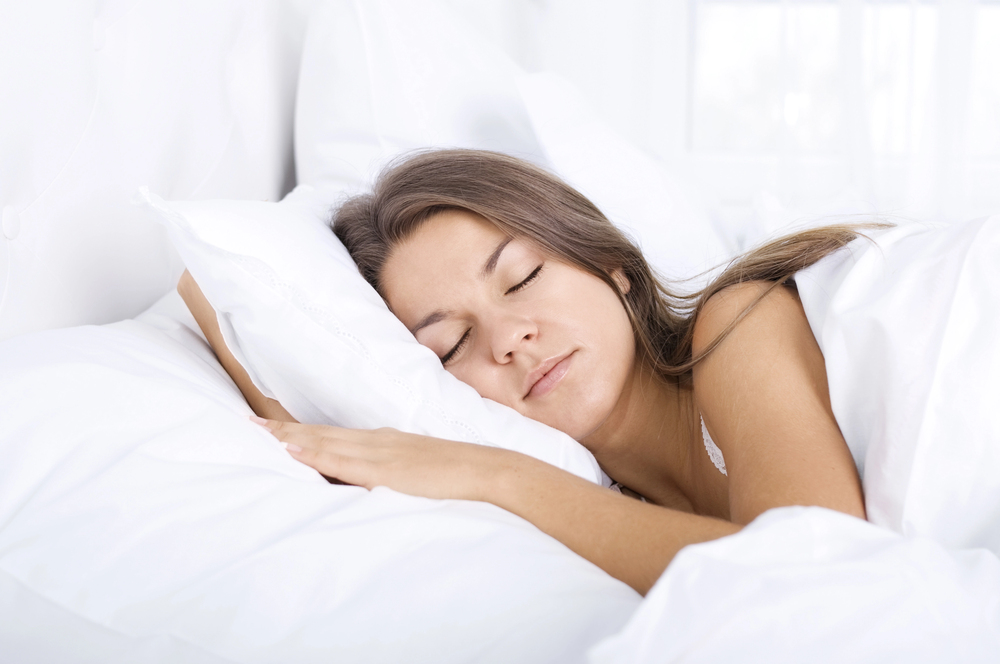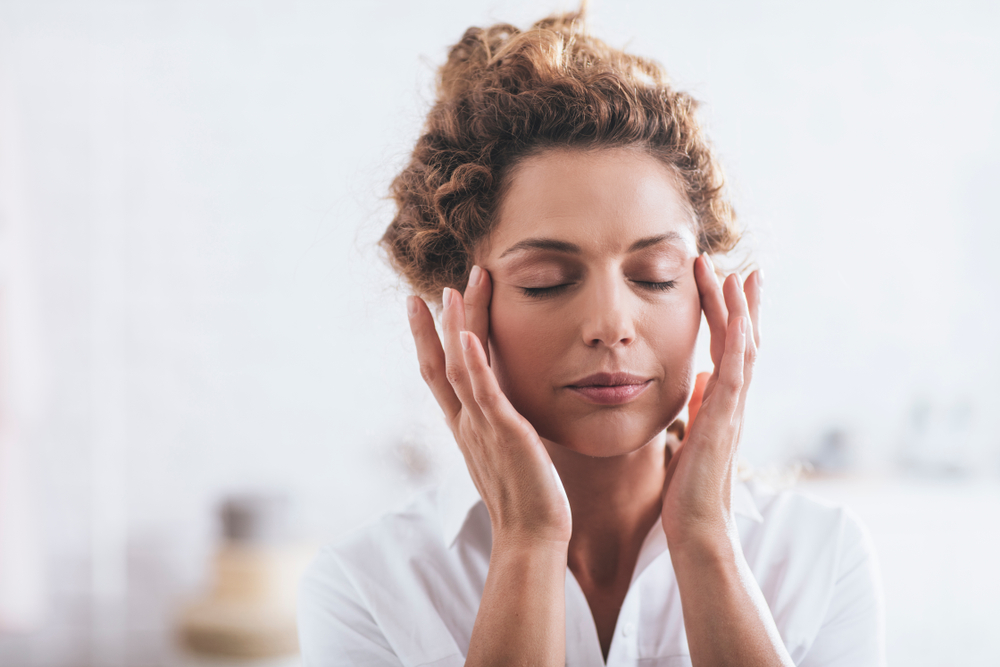Improving your sleep quality doesn’t always require a complete overhaul of your lifestyle. Sometimes, small, manageable changes can make a significant difference. By incorporating a few simple habits into your daily routine, you can enjoy better rest and wake up feeling refreshed. Let’s explore some easy lifestyle adjustments that can help enhance your sleep quality.
Contents
- 1 Establish a Consistent Sleep Schedule
- 2 Create a Relaxing Bedtime Routine
- 3 Limit Caffeine and Alcohol Intake
- 4 Make Your Sleep Environment Comfortable
- 5 Get Regular Exercise
- 6 Be Mindful of Your Diet
- 7 Manage Stress and Anxiety
- 8 Reduce Blue Light Exposure
- 9 Avoid Napping Late in the Day
- 10 Stay Hydrated, But Not Too Much
- 11 More From RetailShout
- 12 12 Every Trader Joe’s Cereal, Ranked for Your Next Breakfast
- 13 15 Aldi`s Best-Selling Items of 2024 That Shoppers Love
Establish a Consistent Sleep Schedule

Maintaining a regular sleep schedule helps regulate your body’s internal clock. Try to go to bed and wake up at the same time every day, even on weekends. This consistency reinforces your sleep-wake cycle, making it easier to fall asleep and wake up naturally. Over time, this can improve your overall sleep quality and duration.
Create a Relaxing Bedtime Routine

A calming pre-sleep routine signals your body that it’s time to wind down. Consider activities like reading, gentle stretching, or taking a warm bath before bed. Avoid stimulating activities or screens, as they can interfere with your ability to fall asleep. Establishing a nightly ritual can make it easier to transition from wakefulness to sleep.
Limit Caffeine and Alcohol Intake

Consuming caffeine or alcohol too close to bedtime can disrupt your sleep. Caffeine, found in coffee, tea, and some sodas, can stay in your system for several hours, making it harder to fall asleep. While alcohol may initially make you feel drowsy, it can interfere with your sleep cycle later in the night. Aim to avoid these substances in the hours leading up to bedtime.
Make Your Sleep Environment Comfortable

Your sleep environment plays a crucial role in how well you sleep. Ensure your bedroom is cool, quiet, and dark. Invest in a comfortable mattress and pillows that support your sleep posture. Eliminating noise and light disturbances can help you sleep more soundly and comfortably.
Get Regular Exercise

Regular physical activity can promote better sleep. Exercise helps regulate your body’s sleep patterns and can reduce symptoms of insomnia. Aim for at least 30 minutes of moderate exercise most days, but avoid vigorous activity close to bedtime. Exercising earlier in the day is generally more beneficial for sleep.
Be Mindful of Your Diet

What you eat can affect your sleep. Eating heavy or rich foods, spicy dishes, or large meals late at night can cause discomfort and disrupt your sleep. Try to finish eating at least two to three hours before bedtime. Opt for lighter evening snacks if you’re hungry, such as yogurt or a piece of fruit.
Manage Stress and Anxiety

Stress and anxiety are common culprits of poor sleep. Incorporate stress-reducing practices into your daily routine, such as meditation, deep breathing exercises, or journaling. These activities can help calm your mind and prepare your body for sleep. Finding effective ways to manage stress can significantly improve your sleep quality.
Reduce Blue Light Exposure

Exposure to blue light from screens can interfere with your ability to fall asleep. Blue light suppresses melatonin, the hormone that regulates sleep. Limit screen time in the evening, and consider using blue light filters on your devices. Creating a technology-free zone in your bedroom can also help promote better sleep.
Avoid Napping Late in the Day

While short naps can be beneficial, long or late-afternoon naps can negatively impact your nighttime sleep. If you need to nap, try to do so earlier in the day and limit it to 20-30 minutes. This helps ensure that your nap doesn’t interfere with your ability to fall asleep at night.
Stay Hydrated, But Not Too Much

Proper hydration is important for overall health, but drinking too much before bed can lead to frequent trips to the bathroom. Try to stay hydrated throughout the day and reduce your fluid intake in the evening. This balance can help you avoid disruptions and enjoy uninterrupted sleep.
This article originally appeared on RetailShout.
More From RetailShout
23 Aldi`s Must-Try Frozen Foods for Quick and Easy Meals

When life gets busy, preparing a delicious meal can feel like a challenge. Luckily, Aldi has a great selection of frozen foods that make quick and easy meals a breeze. Read More.
12 Every Trader Joe’s Cereal, Ranked for Your Next Breakfast

Choosing the best cereal is always that serious… after all, it’s the meal that sets the tone for your entire day (or at least your next few hours). And when it comes to Trader Joe’s, their cereal lineup is as diverse as it is delicious. Read More.
15 Aldi`s Best-Selling Items of 2024 That Shoppers Love

Aldi has become the go-to store for some of the best finds in 2024, and shoppers can’t get enough of certain items. These products are the ones people are talking about, filling carts week after week. Read More.






